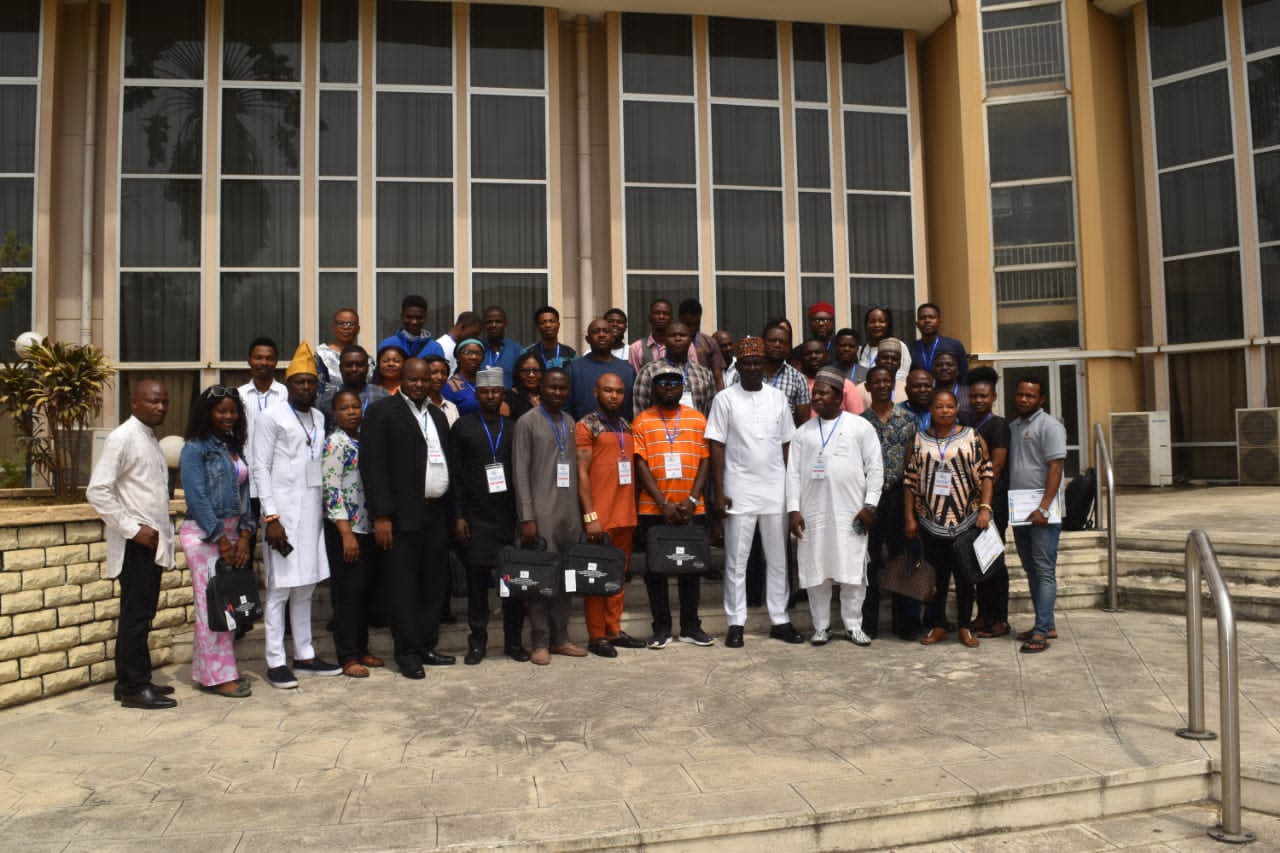Federal Inland Revenue Service (FIRS) has advocated the payment of inheritance tax by all public office holders in the country.
CBN pegs N1m limit for cash collection centres
FG may spend 93% of revenue to service debts’ interests in 2022 —IMF
Fuel hike, scarcity: CAACASVI set for nationwide protest
FIRS said the introduction and payment of inheritance tax would reduce the incidence of corruption in the country.
A Tax Officer with FIRS, Mr Chimenka Ezeribe, who represented the agency at a three-day training, enlightenment and education programme organised for members of the Multi-media Publishers Association of Nigeria (MPAN) on tax process and operations, also stressed the need for the enforcement of tax laws.
The FIRS official said Nigeria was overdue for inheritance tax, adding, “The law should be made for people who are serving in public offices. If such tax is introduced, it will reduce corruption.”
According to Ezeribe, if public servants know that even after their death, anyone who inherits their wealth will pay high taxes, they won’t engage in corruption.
“As it is today, Nigeria does not have inheritance tax,” he said.
The FIRS tax officer also stated that even money donated to people should be taxed, adding that even a mother in the village earning some income from her children should be made to pay tax.
“Nobody is doing that but she is supposed to be taxed, Ezeribe said adding that tax laws needed not bother about the sources of income.
He added, “Once it is income, the law says you should be taxed. So, before Police come after you or before the EFCC comes after you, incase the source of money is questionable, tax might have been collected,” he said.
Ezeribe also disclosed that FIRS was already getting to a stage where people can’t evade being taxed appropriately.
“We always tell auditors and others that they should ensure the right thing is done. When FIRS tells you it collected N6.4trillion as tax in a year, it include the Value Added Tax (VAT) collection and other money shared with the states,” he said.
He added that education tax collected by FIRS goes to the Education Trust Fund (ETF), while another high percentage also goes to the National Information Technology Development Agency (NITDA).
“If you earned below minimum wage, you are exempted from paying tax. Those that earned more are taxed at 24 percent, those that earned small are taxed seven percent while those below the minimum wage don’t pay taxes,” Ezeribe said.






